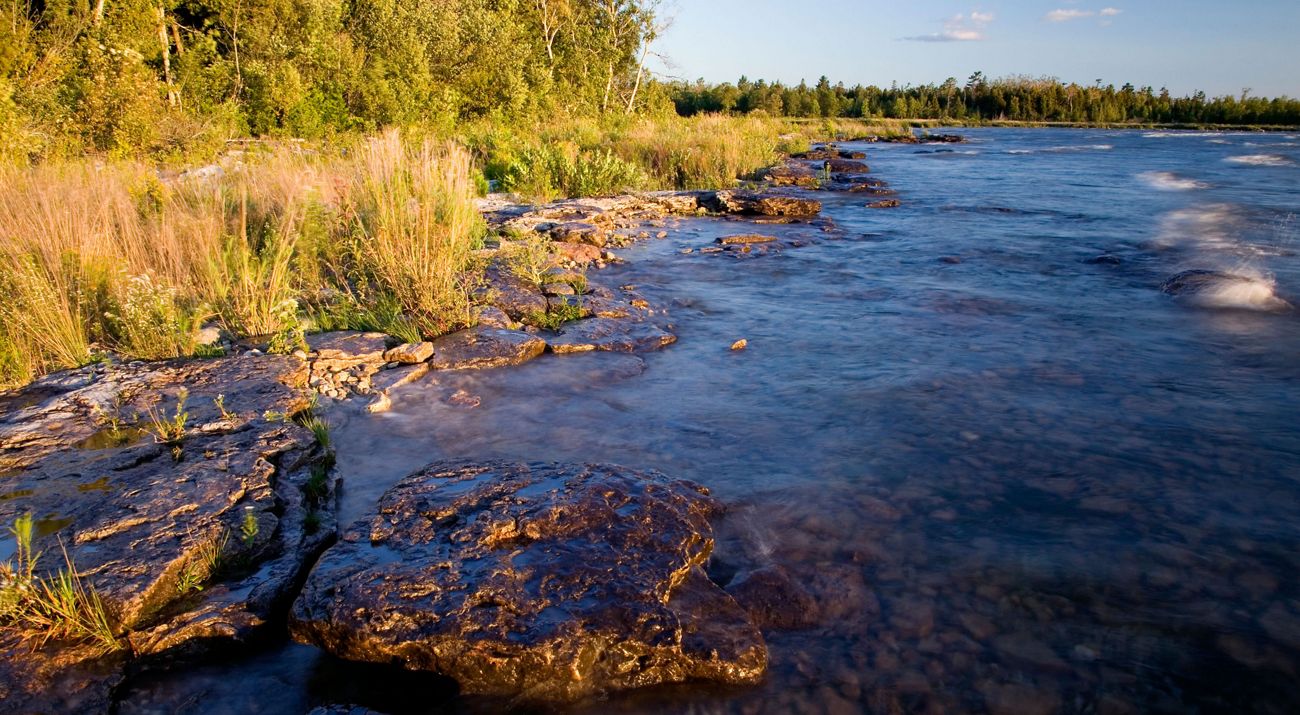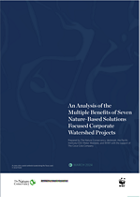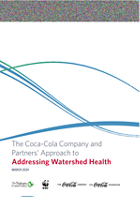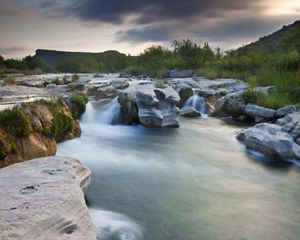
Water is the most precious resource on our planet. At The Coca-Cola Company (Coca-Cola), water also is a key ingredient in every beverage made, and a critical resource in the supply chain. It is essential to company operations and the well-being of the communities and ecosystems where they operate. In the coming years, water supply and quality problems are expected to grow increasingly with a predicted two-thirds of the global population living in water stressed areas by 2025.
Returning Water to Ecosystems
In 2007, Coca-Cola announced a sustainability effort to “return to nature and communities an amount of water equivalent to what is used in finished beverages” by the year 2020. Understanding their dependence and impact on water resources around the world, Coca-Cola enlisted the expertise of The Nature Conservancy (TNC) and outside consultant LimnoTech, Inc. to help develop the method to estimate the amount of water returned to nature and communities through water stewardship projects. In these projects, activities are undertaken to either: provide local communities access to water supplies needed for drinking or farming and other productive uses; or restore watershed conditions or improve water use practices to reduce water consumption, thereby leaving more water available to support the ecological health of rivers, streams, and lakes.
TNC’s water experts worked with LimnoTech to develop technical methods for quantifying volumetric benefits for projects wholly or partly funded by Coca-Cola or its Foundation. Coca-Cola built on this foundational methodology to support hundreds of water projects globally and the company achieved its “Replenish” goal in 2015 and continues to make good on their pledge each year. The company and TNC were also consulted by LimnoTech and others to develop a public working paper on Volumetric Water Benefit Accounting for the corporate sector in 2019.
Ensuring Water Quantity and Quality
The Coca-Cola Foundation has granted more than $10 million to support TNC freshwater projects around the world and throughout North America, including key projects in Arizona, California, Florida, Georgia, Indiana, Iowa, Louisiana, Michigan, Nebraska, Texas, and Mexico. Through this support, TNC is completing watershed restoration activities, informing policy initiatives, and working with farmers and landowners on best management practices.
In 2019, The Coca-Cola Foundation awarded a joint grant to TNC to support freshwater projects in Texas and Mexico. Through this bi-national grant, which is matched by Latin American beverage manufacturing and distribution company Arca Continental, TNC is using science-based efforts to ensure the quantity and quality of water for both people and nature.
- In Texas, projects include developing environmental water transactions to help address water shortages, working with landowners to establish pilot agriculture projects that showcase more sustainable, water-efficient practices, and safeguarding regional freshwater resources both above and below the ground.
- In Mexico, TNC is promoting water security in Monterrey—one of Mexico's largest cities with a population of over 4 million people—by working with partners to protect and restore the San Juan watershed in the Cumbres de Monterrey National Park. In Monterrey’s urban areas, we are also implementing green infrastructure through revegetation to mitigate the impacts of flooding and stormwater runoff, ultimately improving water quality, growth of public green spaces, and quality of life for residents.
Awareness and Water Stewardship
TNC led the development of the watersheds module of Coca-Cola’s 2030 Water Strategy. Coca-Cola’s new strategy has a vision to “achieve water security for its business, communities and nature where the company operates, sources agricultural ingredients for its beverages and touches people’s lives by 2030.” As TNC continues to collaborate with Coca-Cola on their water goals, focus also remains on raising global awareness and inspiring action on the importance of water stewardship; and driving toward a truly water sustainable business model on a global scale by expanding efforts to address water risks and ensure water security and watershed health.
Reports
-
 Nature-Based Solutions Multi-Benefits
Nature-Based Solutions Multi-BenefitsAn Analysis of the Multiple Benefits of Seven Nature-Based Solutions Focused Corporate Watershed Projects
Download -
 Coca-Cola Watershed Approach
Coca-Cola Watershed ApproachThe Coca-Cola Company and Partners’ Approach to Addressing Watershed Health
Download

